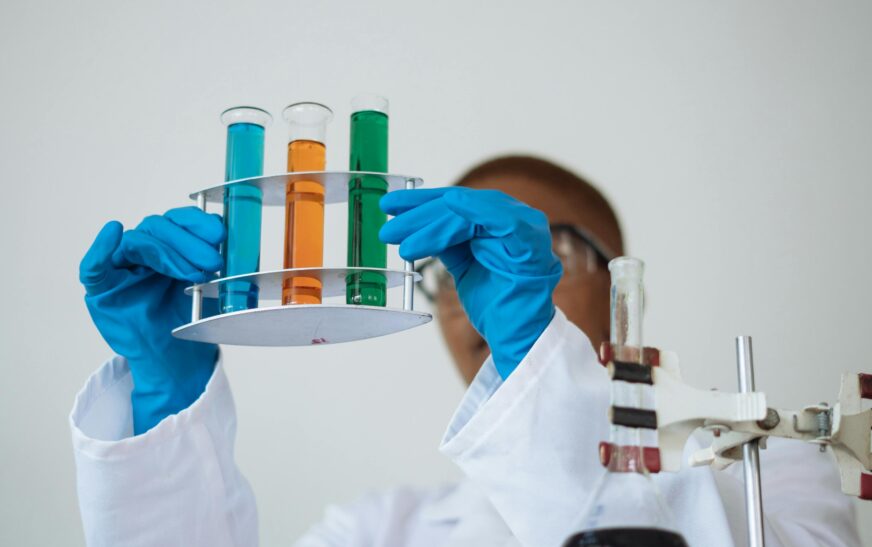The Nigerian Medical Association (NMA) has raised alarming concerns about the escalating rate at which healthcare providers, especially doctors and nurses, are leaving Nigeria for better opportunities abroad. This trend, known locally as “japa,” is creating a significant strain on the country’s healthcare system.
A Call for Change
During a recent conference in Abuja, the NMA president, Prof. Bala Audu, emphasized that the exodus of healthcare professionals would continue unless substantial changes are made. He highlighted the need for improved medical facilities and adequate incentives for health workers, including better wellbeing and workplace environments.
The Japada Syndrome
Migration, or “japada,” has become a dynamic and ongoing issue. Prof. Audu noted that without addressing the root causes, there is no end in sight for this disturbing trend. He pointed out that the patient-to-doctor ratio in Nigeria is alarmingly low, far below the recommendations of the World Health Organization (WHO).
“The doctor-patient ratio in Nigeria is still very low. It is 1,000 percent less than what the WHO recommends,” Audu stated. He further explained that the continuous departure of doctors exacerbates this already dire situation, as those who leave are not returning, thereby reducing the available healthcare workforce.
Root Causes of the Exodus
Several factors contribute to this mass migration of healthcare professionals. These include poor working conditions, inadequate medical equipment, rising insecurity, and a discouraging salary structure. Despite Nigeria producing a significant number of medical graduates, many of them seek better opportunities abroad shortly after completing their studies.
“Yes, we are producing doctors in this country,” Audu said. “Recently, there was a medical school that graduated medical students. I think they did a survey and asked the new graduates if they would stay or prefer to leave, and your guess is as good as mine.”
Proposed Solutions
Prof. Audu stressed that addressing the wellbeing of healthcare workers goes beyond just improving their salaries. It involves creating a supportive and safe working environment and ensuring their overall welfare. He highlighted the need for better housing, especially for resident doctors who are required to live within hospital premises for effective training.
“The facility also needs to improve. For instance, housing is one of the requirements for internship training. By regulations, for you to have quality training of house officers, there must be houses within the hospital because they (doctors) must be available at all times,” he explained.
A Call to Action
The NMA president called on the government to take urgent and decisive actions to reverse this trend. This includes providing better training facilities, ensuring the safety of healthcare workers, and addressing the broader issues of healthcare infrastructure and funding.
“We train these people with a lot of money. This country invests so much in training each and every doctor, nurse, dentist, and any other health providers but how many of them do we take up after they graduate, in spite of the challenges that we have in terms of manpower?” he questioned.
In conclusion, the NMA’s call to action is clear: significant improvements are needed in the healthcare sector to retain the nation’s valuable healthcare professionals and ensure a healthier future for all Nigerians.
For more insights and stories like this, visit ijapa.ng and join our community in addressing the pressing issues facing Nigeria today. Share your thoughts and stories with us as we strive to create a better future together.











